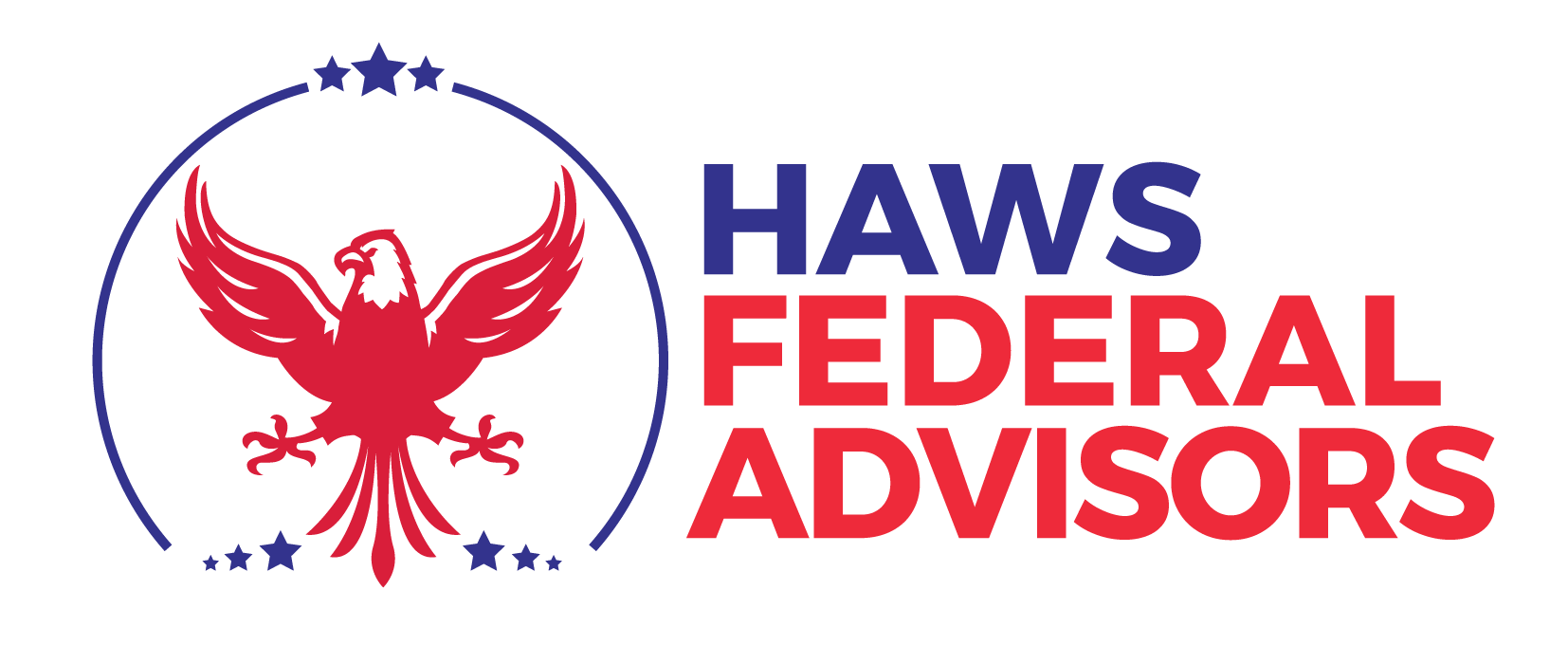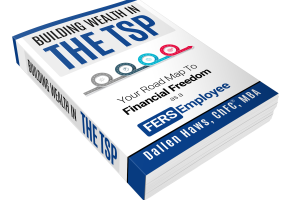I speak with federal employees all the time and some of the same questions seem to come up. Many of these questions come from common misconceptions and myths about FERS retirement benefits. Here are the most common ones.
Myth #1: I Can’t Touch My TSP until 59 and ½
This is incorrect. You can actually remove money from your TSP any time you’d like (assuming you are vested). But if you are still working and under 59 and ½, there will be a 10% penalty as well taxes (You may not owe taxes on Roth TSP withdrawals). But if you are retired, you can access your TSP as early as age 55 without the 10% penalty.
Another way to access your TSP is through a loan. Loans can be a great way to avoid the 10% penalty but you will want to understand all the ramifications before you take one out. The main 2 downsides are:
Your money is not growing in your TSP while you have it out in a loan. The opportunity cost can really compound if you have a loan out for a long period of time.
Whenever you take out a TSP loan, you will have to pay taxes twice on the same money (assuming you are mostly in the Traditional TSP and not the Roth TSP). When you repay your loan, you have to do it with money that you have already paid taxes on. Down the road in retirement, you’ll have to pay taxes on that money again when you withdraw it from your TSP.
Myth #2: Medicare will Replace FEHB When I Turn 65
While this could be true if you choose to drop your FEHB once you enroll in Medicare, many find that only having Medicare isn’t what they expected. First of all, many providers don’t want to take on Medicare-only patience because of the smaller payout. Second, the coverage is often not as comprehensive as most FEHB plans.
Many find having a combination of their FEHB plan and Medicare gives them the coverage they need while also limiting out of pocket costs. Feds will have to decide which parts of medicare make sense for them.
Medicare part A is free for all those that have paid into the system and most of the time, there would be no reason not to enroll. Medicare part B can be a harder decision because it does cost money. That being said, having both parts A and B will often lower or completely eliminate your deductible and copay costs in your FEHB.
Note: If you choose not to enroll in Medicare part B when you are first eligible around your 65th birthday, you will have to pay extra if you decide to enroll later.
Myth #3: Social Security Is Not Going To Be Around When I Retire
This one makes a lot of people nervous and many wonder if they should count on Social Security at all. In my opinion, the Social Security program is not going anywhere. That being said, I don’t have a crystal ball and there is no way to be sure. But I think it is very unlikely.
The Social Security trust fund still has almost 3 trillion dollars which is projected to last until 2035 at which point they’ll have enough income to cover about 80% of all benefits owed. I believe that chances are very good that once many of the current tax laws expire in 2025, new laws will be put in place to cover the shortfall. But again, this is just my opinion. If you have reason to believe differently, I’d love to hear your argument.
Because when it comes down to it, our laws are created by politicians who need to be voted into office. I would think that any politician that proposed to do away with the Social Security program would become very unpopular and wouldn’t last very long.
Myth #4: I Have To Work At Least 20 Years To Get a Retirement
This myth probably comes from the old military retirement system where a retirement pension was all or nothing. You either did 20 years or not. For FERS, this is not the case. As long as you have at least 5 years of creditable service, you qualify for a pension. Although if you don’t qualify for an immediate retirement (30 years of service at MRA, 20 years of service at 60, 5 years of service at 62) you’ll have to retire with MRA+10 retirement, a deferred retirement, or a postponed retirement. Every type of retirement has its own rules and advantages so make sure you are familiar with all of them.
Myth #5: I Have To Take My Money Out of The TSP at Retirement
This is not true. You are able to keep your money in the TSP even after you retire. And for some people this may be the best option. However, at age 72, you’ll want to remember RMDs (Required Minimum Distributions). RMDs require you to withdraw a portion of your TSP balance every year. The amount is determined by your age and TSP balance. This rule will apply to all tax deferred retirement accounts (Traditional IRAs, TSP, 401(k) ect). The government takes this very seriously as they have a 50% penalty for any portion of the RMD that isn’t withdrawn.
Conclusion
With any large organization like the federal government, there will always be widespread misconceptions about lots of things. But as an outsider, I am sure I have only scratched the surface of the misinformation that is circulating at water coolers all around the country.


